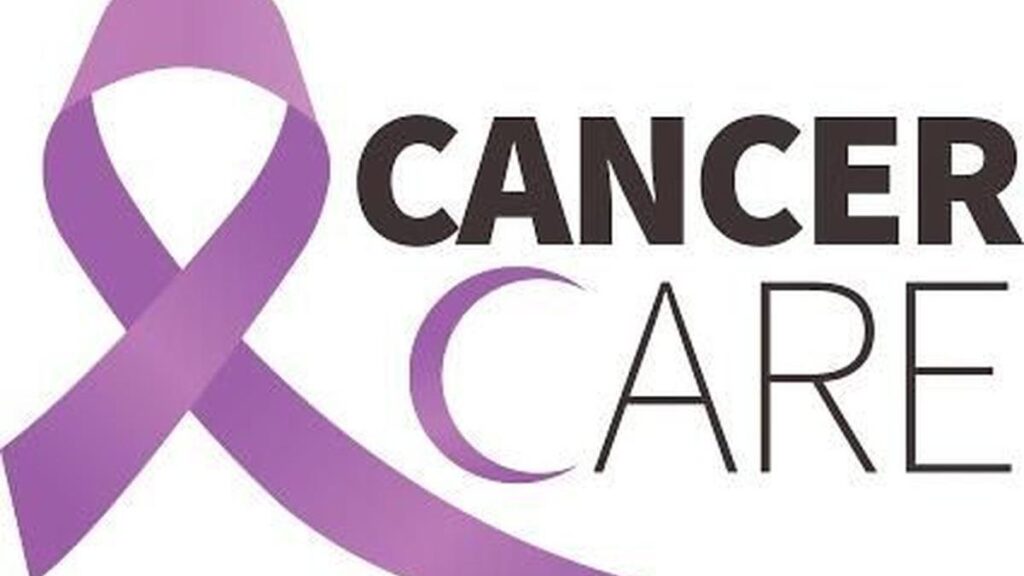The idea of palliative care is not new. Its origins date back centuries, with the word hospice derived from the Latin hospitum, meaning hospitality, and pallium, from which “palliative” comes, meaning “to cloak” or protect. The modern movement, however, began with Dame Cicely Saunders, a British nurse, doctor, and social worker who founded St. Christopher’s Hospice in London in 1967. Her concept of “total pain”—encompassing physical, emotional, social, and spiritual suffering—redefined how we care for the seriously ill and dying. Her work laid the foundation for today’s holistic model of palliative care.
What is palliative care?
The World Health Organization (WHO) defines palliative care as an approach that improves the quality of life of patients facing life-threatening illness and their families through the prevention of, and relief from, suffering — by means of early identification, comprehensive assessment, and treatment of pain and other distress symptoms.
It affirms life, regards dying as a natural process, and neither aims to hasten nor postpone death. Its focus is on helping individuals live as actively and meaningfully as possible, even in the presence of serious illness. Palliative care is not restricted to cancer, but applies to a wide range of chronic and life-limiting conditions.
A palliative care team typically includes doctors, nurses, psychologists, social workers, and counsellors who work collaboratively to support both the patient and the family — not only during treatment but also in bereavement. It is ideally introduced early in the disease trajectory, alongside curative treatments, to manage symptoms, guide complex decisions, and improve the overall quality of life.
Despite its benefits, palliative care remains largely underutilised. Globally, only 14% of the people who need it receive it. In India, studies suggest that only 4% of those who need palliative care receive it. Among patients with metastatic cancer, the number is even lower. With non-communicable diseases (NCDs) rising and populations ageing, the demand for palliative care is expected to increase exponentially.
A patient’s journey
Take the story of Ritu, a 28-year-old mother diagnosed with advanced pancreatic cancer. She suffered from severe pain, nausea, and anxiety during her treatment. With palliative care integrated into her oncology treatment, she received symptom relief, counselling, and spiritual support. When her condition worsened, she was cared for at home, with regular visits from the palliative care team, allowing her to spend her final days peacefully with her daughter and husband.
Even after her passing, the team supported her grieving husband, and ensured that their child had emotional and practical support. Ritu’s story is a testament to how timely, person-centred palliative care can improve the experience of illness and dying — for patients and their loved ones.
One of the most crucial elements of palliative care is effective communication. Patients dealing with life-limiting illnesses often experience fear, confusion, and hope — all at once. Conversations around diagnosis, prognosis, and treatment require skill, patience, and empathy. Palliative care teams are trained to deliver “bad news” compassionately, explore patient values, and maintain hope while managing expectations. The focus is on shared decision-making, where the patient and the family are involved in care planning that aligns with their goals and preferences. This helps avoid unwanted interventions, and ensures care that is both meaningful and appropriate.
Ethical clarity
Ethical challenges are common in the care of seriously ill patients. Decisions on whether to continue or withdraw treatment, how much to intervene, and when to shift the focus to comfort care are often complex.
A key determinant to consider before a particular form of treatment is adopted is the patient’s general condition or performance status, which signifies the ability to withstand aggressive treatment physically. Palliative care specialists guide conversations regarding the goals of care and realistic outcomes, rather than listing all the possible treatments available. The focus is on patient preferences and avoiding treatments that prolong suffering, upholding the ethical principles of autonomy, beneficence, non-maleficence, and justice. Through open dialogue and multidisciplinary collaboration, palliative care helps patients and families navigate these decisions with clarity, dignity, and respect.
Advance Care Planning (ACP) and Do Not Resuscitate (DNR) discussions are vital components of palliative care. These conversations help patients articulate what kind of care they want — and don’t want — as their illness progresses. Far from being pessimistic, ACP empowers patients to make informed choices about life-sustaining treatments, aligning care with their values and reducing suffering. It allows for control, preparedness, and peace of mind.
Letting go with grace
End-of-life (EOL) care focuses on patients in the final phase of illness, often when death is expected within six months. It involves preparing patients and families for what lies ahead — physically, emotionally, and spiritually.
The EOL phase is a time of vulnerability and heightened emotions. Good end-of-life care provides pain and symptom management, emotional support, family counselling, and post-death care, allowing patients to pass with dignity, and their families to find comfort and closure.
Palliative care is not about giving up — it’s about showing up, with expertise, compassion, and humility. It is specialised care that uses a multidisciplinary team, anchored in ethics and powered by communication, to support patients and families through life’s most difficult journeys.
Aptly said by 16th-century French physician Ambroise Paré: “Guérir quelquefois, soulager souvent, consoler toujours,” which translates to a statement we have often heard: To cure sometimes, to relieve often, and to comfort always. This is what palliative care clinicians abide by.
(Dr. Meenakshi V.V. is Associate Professor and in-charge, Palliative Medicine, Adyar Cancer Institute. Vinutha Suresh is project manager and counsellor, Department of Anaesthesia, Pain and Palliative Care, Adyar Cancer Institute.)
Cancer Institute, WIA
Dr. S. Krishnamurthy Campus,
No. 38, Sardar Patel Road,
Adyar, Chennai-600020.
email: [email protected]
Phone: 044 61315608

